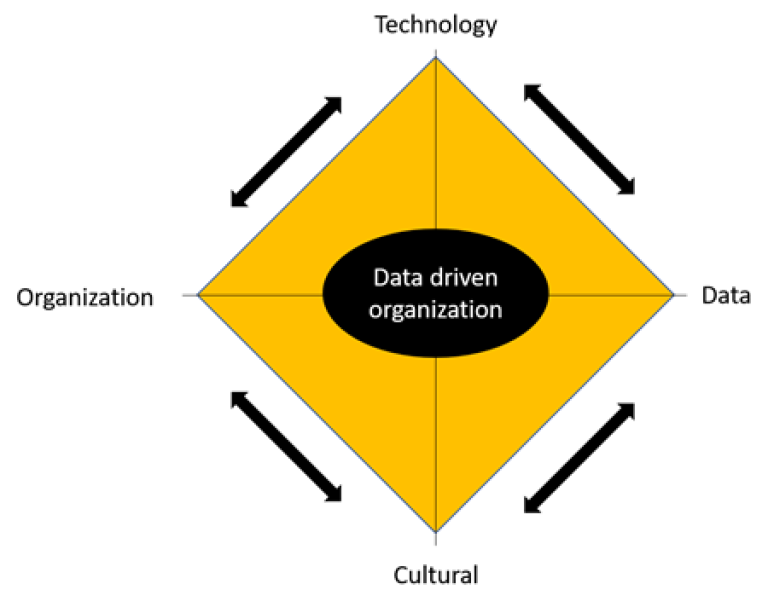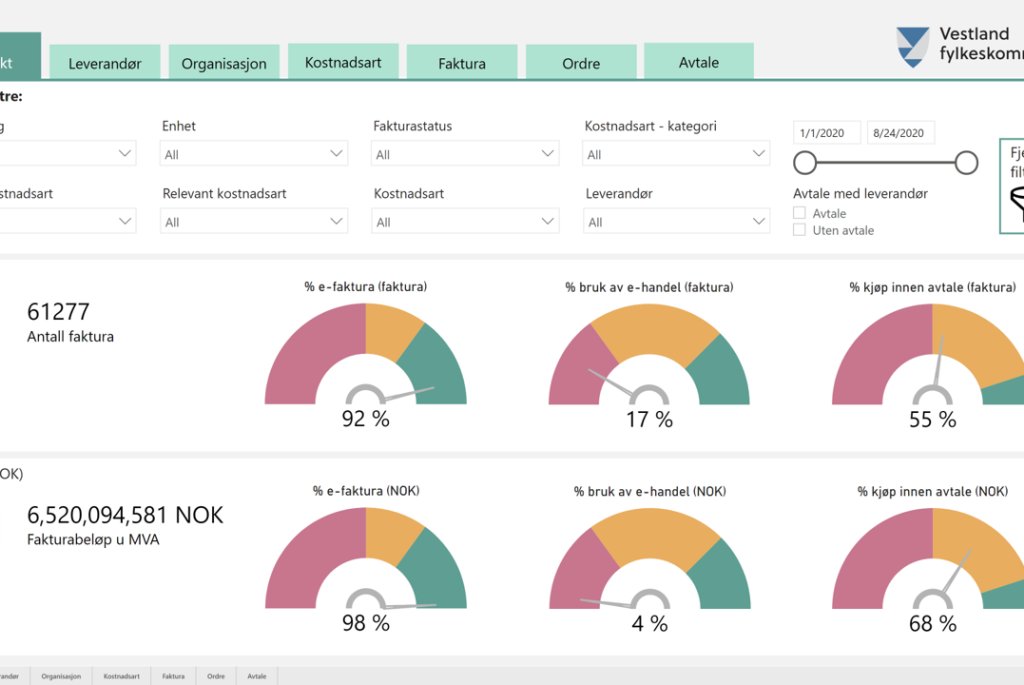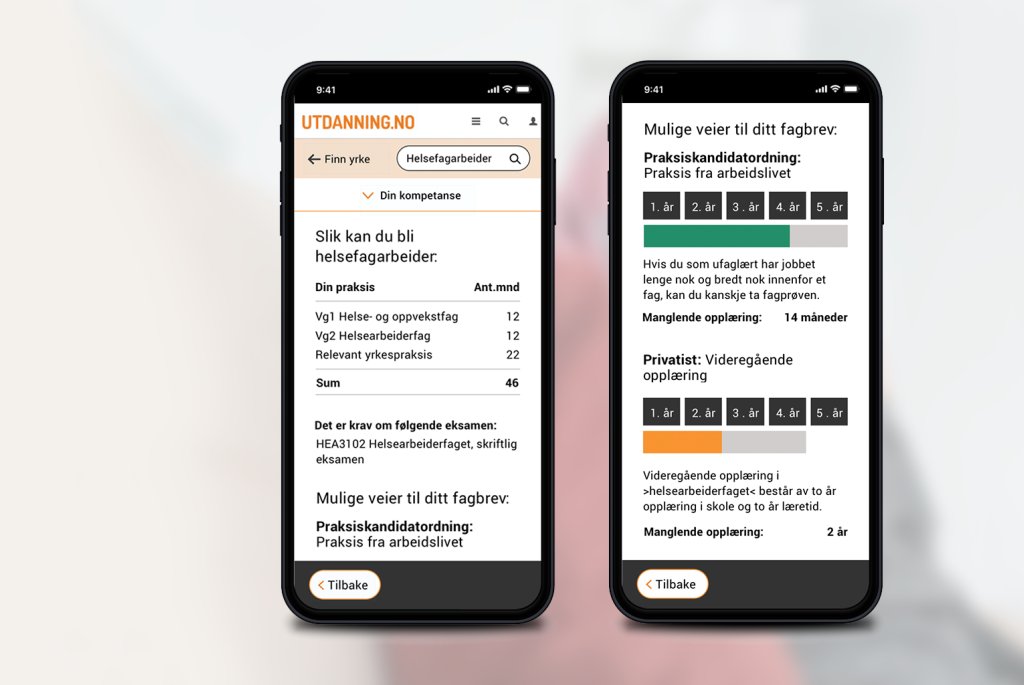How to create a data-driven culture
The benefits of a data-driven organization are only ensured if the organization has a culture that embraces data and has the competencies to analyze that data. Then, and only then can decisions be based on facts and evidence.

This is part three in a series of articles about data driven organization.
First article - How to operate a data-driven organization
Second article - How to choose the right technology
“Data has to flow across the organization seamlessly. Now that our data is democratized, thousands of people can access it for their daily work. We see a lot of energy. We see a lot of oxygen in the organization, a lot of excitement about what is possible and the innovation that’s possible. Because data, applied to a business problem, creates innovation. And our people now have the ability to act on their innovative ideas and create value.” (Ibrahim Gokcen, Maersk) [1]
Research shows that the step from early, more technology focused, pilots in data analytics to an organization wide implementation is met with resistance and little buy in. [2] What does it take to foster a data-driven culture? The simple answer is: Clear commitment from the top and engagement from the root to focus on value creation and evidence-based decision making. But how to get there?

What competencies does your staff need?
There are two central terms used in describing a data-driven culture:
- Data Democratization
- Data Literacy.
Data Democratization is a pre-requirement to ensure your staff has the data-means to reach decisions based on valid and current information.
“What is data democratization?
Data democratization means that everybody has access to data and there are no gatekeepers that create a bottleneck at the gateway to the data. It requires that we accompany the access with an easy way for people to understand the data so that they can use it to expedite decision-making and uncover opportunities for an organization. The goal is to have anybody use data at any time to make decisions with no barriers to access or understanding.” [3]
If the Data organization is imagined as a democratic state, every citizen has rights and responsibilities towards the governing body, a data governance board elected by the citizens. For a data citizen to act on their rights and to take their responsibility, they need to have:
“[…] the ability to read, write and communicate data in context, with an understanding of the data sources and constructs, analytical methods and techniques applied, and the ability to describe the use case application and resulting business value or outcome.”[4]
This is the definition of Data Literacy.
A data-driven culture acknowledges the power of data in all their work, a culture that values data, enables data analytics capabilities, empowers employees to ask the right questions to the right data, and to be critical to the sources. A data-driven culture is a culture that encourages employees to access, read, work with, analyze and argue with data.
How to ensure success?
By ensuring that curated, reliable, and validated data is easily available for all employees, and by encouraging a culture that can value data and insights, the following success factors can be reached:
The key to this is in the hands of top management. Support and sponsorship are as important as clear alignment with the company’s business strategy and values.
Data Literacy and Data Democratization should be the substance for a company’s core values and should be defined propagated clearly.
Examples for aligning company values for data-driven organization
“[You]can’t import data culture and you can’t impose it. Most of all, you can’t segregate it. You develop a data culture by moving beyond specialists and skunkworks, with the goal of achieving deep business engagement, creating employee pull, and cultivating a sense of purpose, so that data can support your operations instead of the other way around.” [3]
References
[1] https://www.mckinsey.com/business-functions/mckinsey-analytics/our-insights/why-data-culture-matters
[2] Davenport, T. H., Kirby, J. (2015). Beyond Automation. Harvard Business Review.
[3] https://www.forbes.com/sites/bernardmarr/2017/07/24/what-is-data-democratization-a-super-simple-explanation-and-the-key-pros-and-cons/
[4] https://www.gartner.com/en/information-technology/glossary/data-literacy





